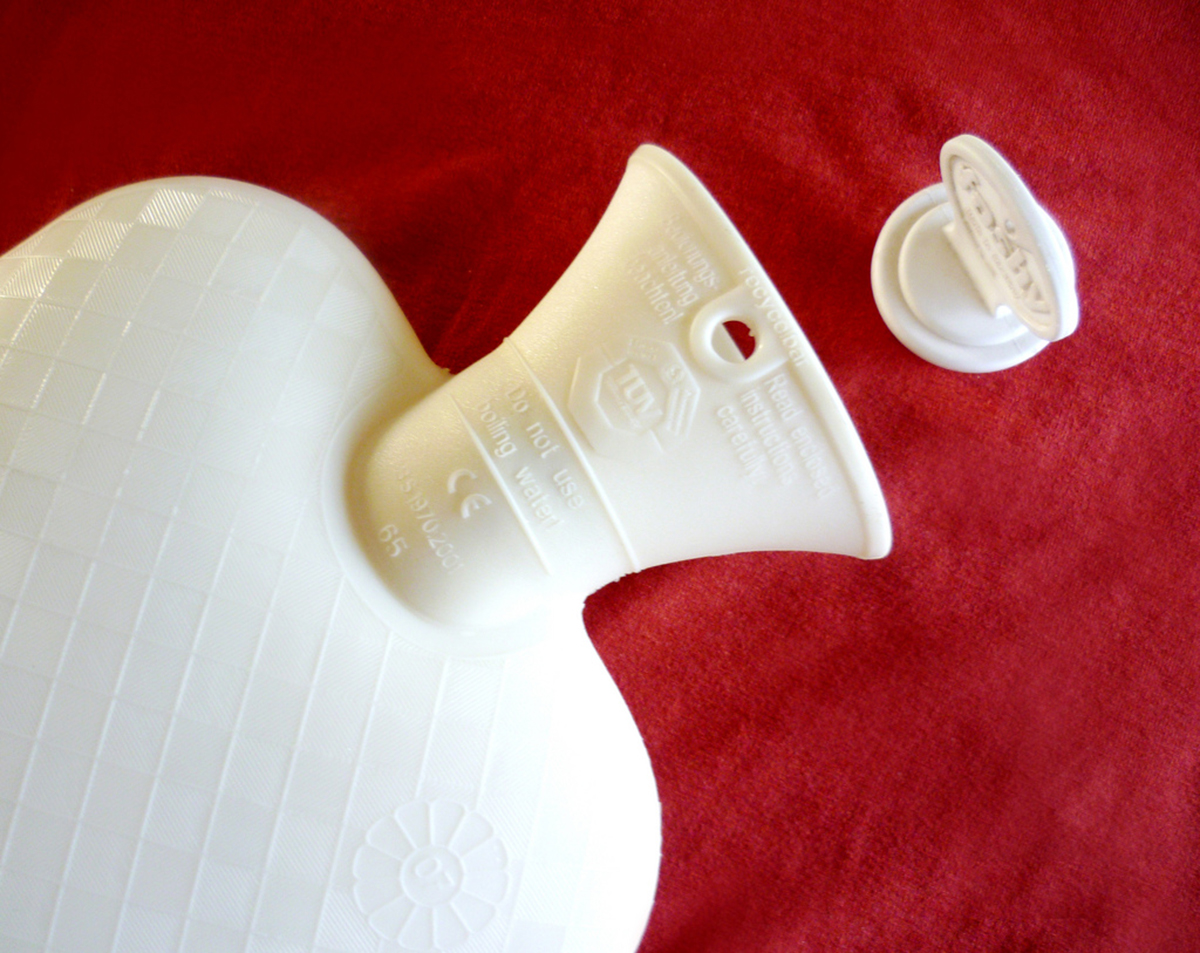Table of Contents
Your period finished just a few days back, so you are pretty sure that you can't possibly be having another one and yet here you are, definitely bleeding again. What's going on? Is this normal? What should you do now?
Bleeding between periods can be the result of a rather wide variety of causes, but all deserve to be taken seriously because indeed, while a minority of women routinely experiences an "ovulation bleeding" mid-cycle, vaginal bleeding or light spotting soon after a menstruation finishes is never normal.

Do you need to be worried? Not yet, because some causes of menometrorrhagia, as bleeding between periods is also called, are benign and easily solvable. Do not be complacent either, however, because receiving timely treatment is always a good thing.
1. Birth Control And Confused Hormones
Have you recently started using a form of hormonal contraception, such as combined oral contraceptives, a progesterone-only pill, the Mirena intrauterine device, Nexplanon, or Depo Provera? Note that bleeding that would otherwise be considered abnormal is very possible within the first three months of starting on any hormonal contraceptive. This phenomenon is the result of your body getting used to the hormones within your contraceptive.
Even after three months, such things as being ill, using certain medications, or forgetting to take a pill or two can cause abnormal bleeding.
2. Miscarriage
While menstrual periods do not, by definition, start, stop, and then start again, bleeding resulting from a miscarriage can do exactly that. Women who generally experience irregular periods are most likely to find themselves in this position, as they may have been pregnant for a while without knowing. They could have interpreted the initial bleeding as a period, whereas it was in fact the start of their miscarriage. However, so-called chemical pregnancies, essentially very, very early miscarriages, may also feature off-again, on-again bleeding occasionally.
3. Ectopic Pregnancy
An ectopic pregnancy is one that has implanted and is developing outside of the uterine cavity, typically within one of the fallopian tubes. Such pregnancies are not viable and can, if they are not treated and do not end on their own, quickly become life-threatening.
Symptoms of an ectopic pregnancy can include intermittent vaginal bleeding, cramps or sharp pain, nausea and vomiting, pain in the shoulder, chills, and feeling weak to the point of thinking you may lose consciousness. Anyone experiencing these symptoms has good reason to visit the Emergency Room.
READ Do You Know Your Miscarriage Facts?
4. Uterine Polyps
Uterine polyps are, in short, endometrial tissue gone wild. When the inner lining of the uterus begins to overgrow, and you end up with a structure (or several) vaguely resembling a snail's eyes within your uterus, it's no wonder that you're experiencing some unpleasant symptoms. Most likely to strike in women over 40, the symptoms uterine polyps tend to cause are irregular menstrual bleeding, including spotting or heavier bleeding right after a period finished, infertility, and vaginal bleeding in post-menopausal women as well. Polyps are non-cancerous but do require medical supervision.
- Photo courtesy of Rosemarie Voegtli via Flickr: www.flickr.com/photos/rvoegtli/5860921872
- Photo courtesy of Rosemarie Voegtli via Flickr: www.flickr.com/photos/rvoegtli/5860921872
- Photo courtesy of Tim Waclawski via Flickr: www.flickr.com/photos/45467538@N00/5027883543


Your thoughts on this